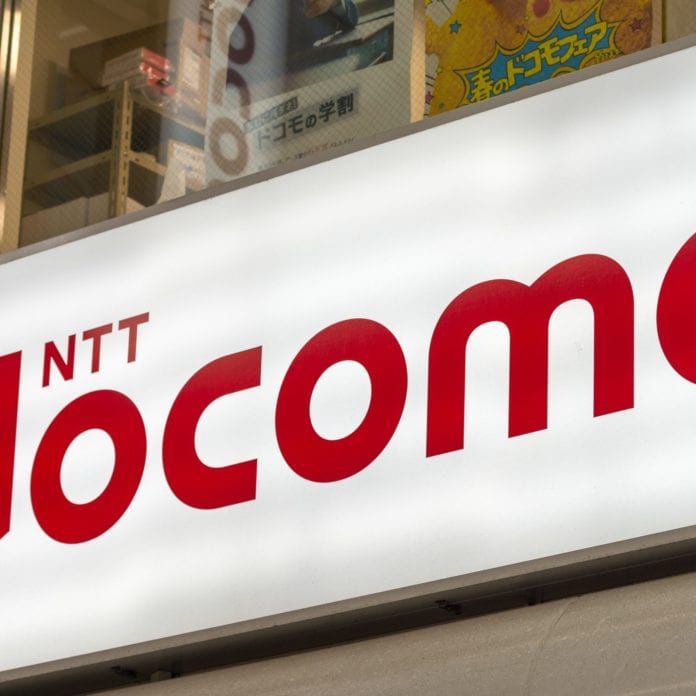NTT DoCoMo said it expects to start deploying this new 5G antenna next year
Japanese telecommunications operator NTT DoCoMo has developed a 5G base station which is designed to be buried in the ground to support deployments in areas with a shortage of space, Japanese press reported.
The waterproof 5G base station is designed to be placed into a 70-centimeter-deep hole and then covered with reinforced plastic that allows the transmission of radio waves. NTT DoCoMo’s new 5G base stations will adjust the intensity and direction of the radio waves in order to not affect pedestrians, according to the reports.
NTT DoCoMo said that the new antenna will allow telcos to avoid the increasing limitations put on deploying infrastructure on towers and building roofs. The operator aims to start deploying this new 5G antennas in March of next year, according to the reports.
In February, NTT DoCoMo announced plans to launch an open partner program to enable local business and government organizations to explore and develop new use cases for 5G.
NTT DoCoMo said the 5G open partner program will provide a platform for the firm’s business partners to experience 5G technology. The program will also serve as a platform for information exchange and strengthen cooperation between the Japanese telco and its partners in a move to explore new use cases for 5G.
According to the operator, a total of 523 companies and organizations have already expressed their intention to take part in this 5G initiative.
In an initial phase, NTT DoCoMo provided workshops and information on the latest 5G informationand the company has said a 5G environment will be available from April onwards. NTT DoCoMo previously announced plans to launch commercial 5G services for the 2020 Olympic Games in Tokyo.
In January 2018, Nokia signed an agreement with NTT DoCoMo for the provision of 5G equipment for the operator’s future commercial launch. Under the terms of the agreement, Nokia will support NTT DoCoMo’s commercial operation in Japan by further enhancing existing baseband units and integrating its 5G New Radio (5G NR)-based AirScale hardware in the network.
In November last year, NTT DoCoMo announced the completion of what it claimed to be the world’s first outdoor trial of 5G mobile technologies for ultra-reliable low-latency communications (URLLC) using a 4.5 GHz system developed in collaboration with Huawei.
The Japanese currently has approximately 175,100 LTE base stations nationwide, of which premium 4G-enabled base stations accounted for 95,000 stations, the telco’s EVP Toshiki Nakayama recently said in a conference call with investors.
“In September, we launched the 788 megabit per second service and currently this 788 Mbps service is currently available in 241 cities across Japan. We will continue to expand and advance our network and we’ll try to launch the maximum one gigabit per second service as quickly as possible,” the executive said.

